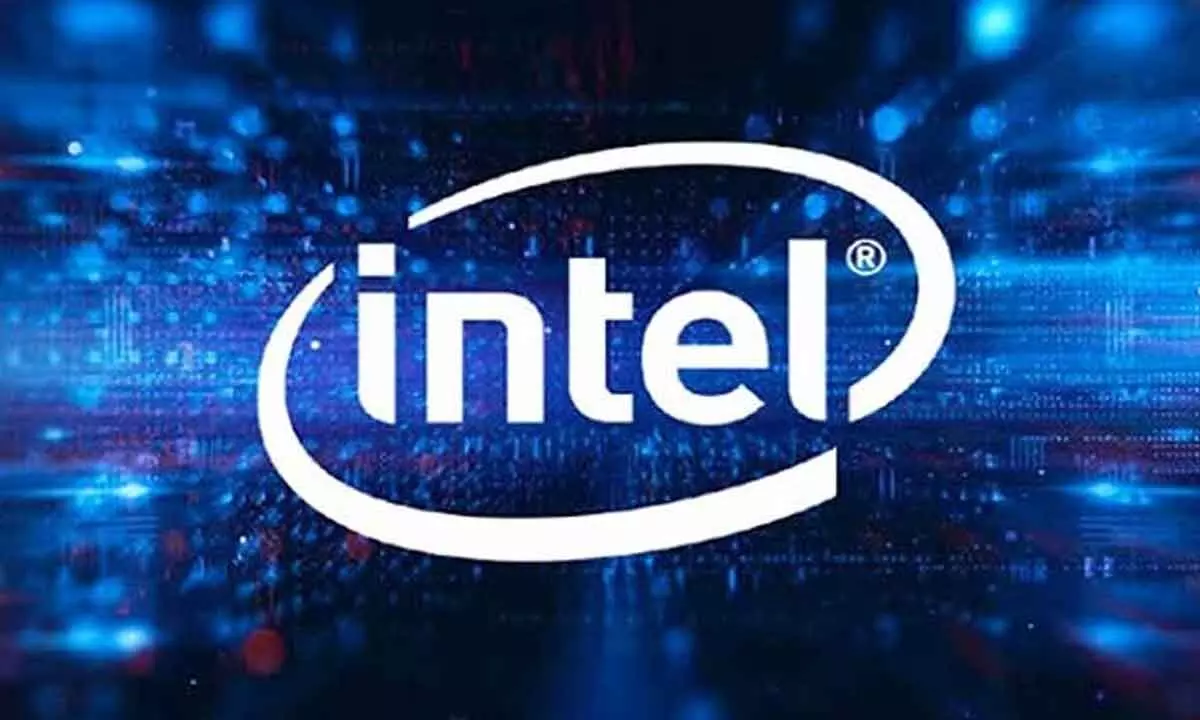Intel builds 1st large-scale neuromorphic system to enable sustainable AI
Share :

Chip maker Intel on Wednesday announced that it has built the world's largest neuromorphic system called 'Hala Point' to enable more sustainable artificial intelligence (AI).
Chip maker Intel on Wednesday announced that it has built the world's largest neuromorphic system called 'Hala Point' to enable more sustainable artificial intelligence (AI).
Initially deployed at Sandia National Laboratories, this large-scale neuromorphic system utilises Intel’s 'Loihi 2' processor, aims at supporting research for future brain-inspired AI, and tackles challenges related to the efficiency and sustainability of today's AI, the company said.
"The industry needs fundamentally new approaches capable of scaling. For that reason, we developed Hala Point, which combines deep learning efficiency with novel brain-inspired learning and optimisation capabilities," Mike Davies, director of the Neuromorphic Computing Lab at Intel Labs, said in a statement.
According to the company, Hala Point demonstrates state-of-the-art computational efficiencies on mainstream AI workloads.
Its unique capabilities could enable future real-time continuous learning for AI applications such as scientific and engineering problem-solving, logistics, smart city infrastructure management, large language models (LLMs) and AI agents.
"Conducting research with a system of this size will allow us to keep pace with AI’s evolution in fields ranging from commercial to defence to basic science," said Craig Vineyard, Hala Point Team Lead, Sandia National Laboratories.
Researchers plan to use Hala Point for advanced brain-scale computing research. The organisation will focus on solving scientific computing problems in device physics, computer architecture, computer science and informatics, the company said.
Currently, Hala Point is a research prototype that will advance the capabilities of future commercial systems. Intel expects that such lessons will lead to practical advancements, such as the ability for LLMs (large language models) to learn continuously from new data.
It supports up to 1.15 billion neurons and 128 billion synapses distributed over 140,544 neuromorphic processing cores, consuming a maximum of 2,600 watts of power.














